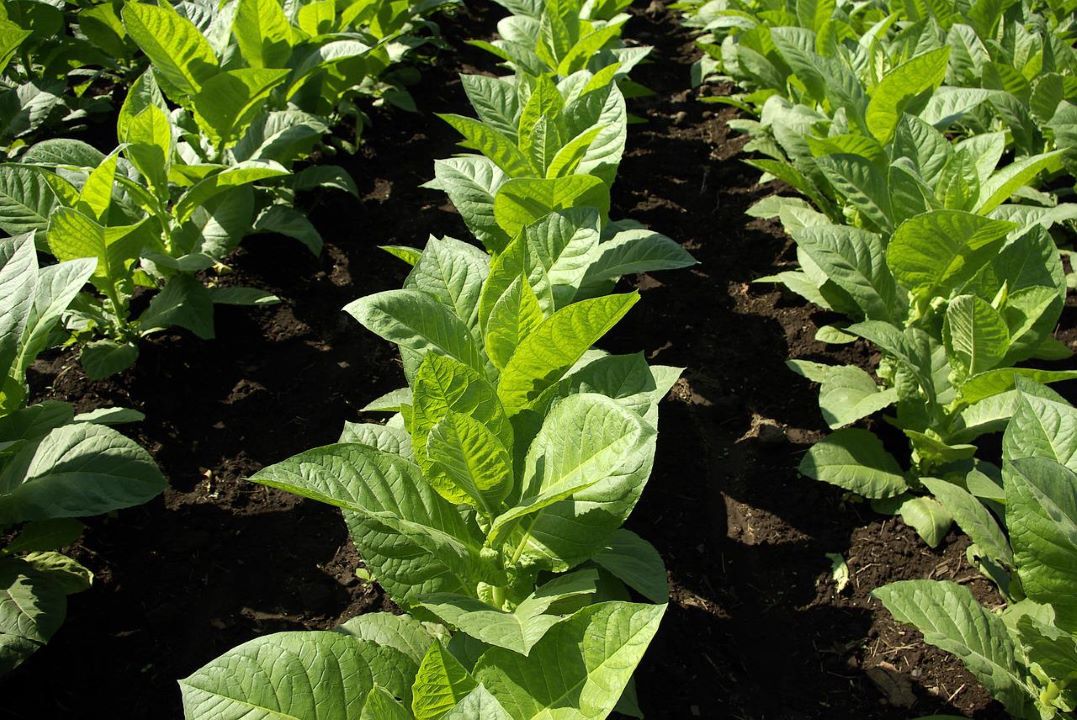The tobacco industry has a much worse effect on the state of planet Earth than it might seem. Tobacco production consumes a massive amount of water, pollutes the environment with greenhouse gas chemicals, and plays a significant role in deforestation. In addition, tobacco production destroys the health not only of smokers but also of the whole ecosystem.
One Cigarette Consumes 3.7 Liters of Water
One cigarette consumes 3.7 liters of water over the life cycle; it covers cultivation, production, transport, and use. Global water consumption is about 22 billion tons per year in tobacco production. This amount of water is the equivalent of 15 million Olympic swimming pools, to give you an idea. Tobacco requires up to eight times more water than crops such as tomatoes or potatoes.

“If we conservatively assume that one cigarette butt can pollute up to 100 liters of water (estimates range from 30 liters to 1,000 liters, depending on the variety,” says the WHO report.
Tobacco and Smoke Contain Thousands of Chemical
Tobacco smoke produces higher emissions than diesel exhaust because it contains three main greenhouse gases – CO2, methane, and nitrogen oxides. Approximately 14 grams of CO2 is released during the life cycle of one cigarette.

“Production and consumption of tobacco also contribute to global warming, releasing 80 million tonnes of carbon dioxide (CO2) into the environment each year,” says the WHO.
Tobacco contains more than 7,000 chemicals. Its cultivation requires the use of large amounts of pesticides and fertilizers. Around 4.5 trillion cigarette butts pollute the environment every year. Chemicals from cigarettes and non-biodegrade cigarette butts escape into the soil and watercourses, from where they reach the oceans.
Tobacco Industry Destroying Forests and Land
Tobacco growing destroys forests and depletes the land, which has a lower capacity to grow other valuable, edible crops. Tobacco growing accounts for about 5% of total deforestation, with around 200,000 hectares of land being cleared each year for growing and drying tobacco. One tree must fall to make 300 cigarettes.

It is estimated that the tobacco industry produces about 6 trillion cigarettes a year. According to the WHO report “Cardboard and box waste used to distribute and pack tobacco products in 2021 produced at least 2 million tonnes of waste. “
The problem is not just with traditional cigarettes. Disposal of electronic waste, such as disposable electronic cigarettes and heated tobacco products, also produces toxic emissions and waste products. In addition, most plastic refills for electronic cigarettes are not reusable or recyclable. Therefore, they have a high potential to harm the environment.
Source: https://www.who.int/publications/i/item/9789240051287
Featured image by klimkin from Pixabay




